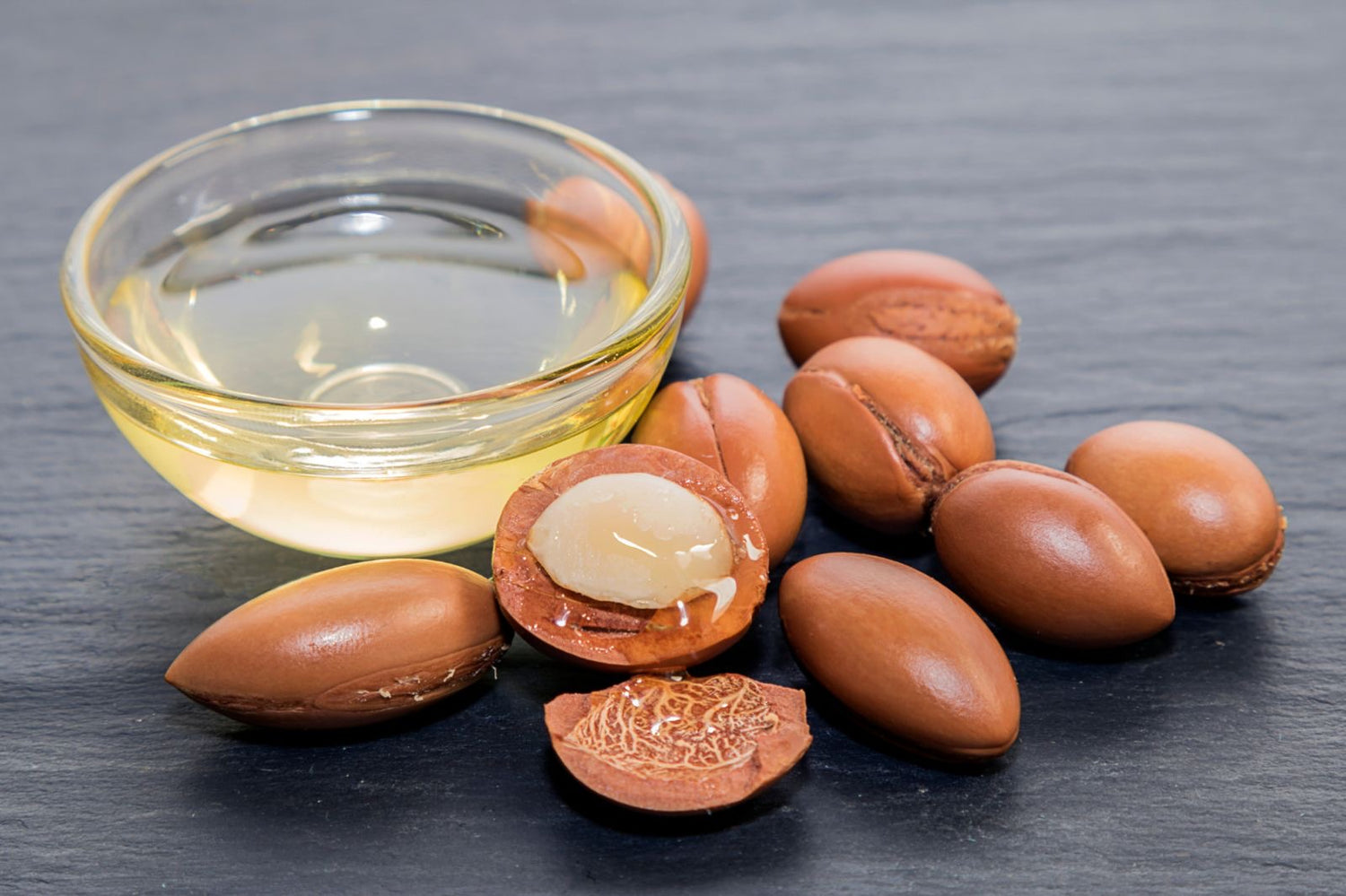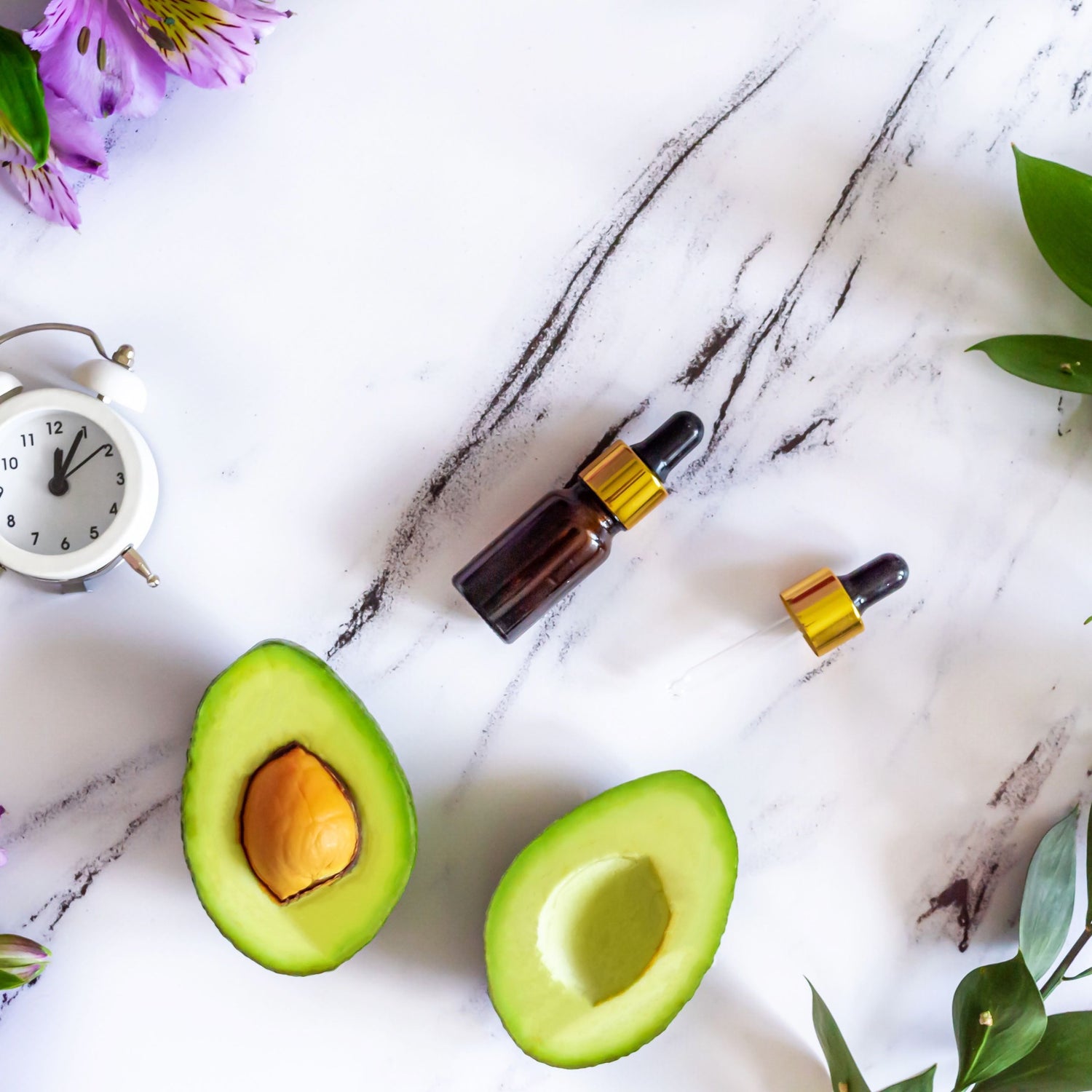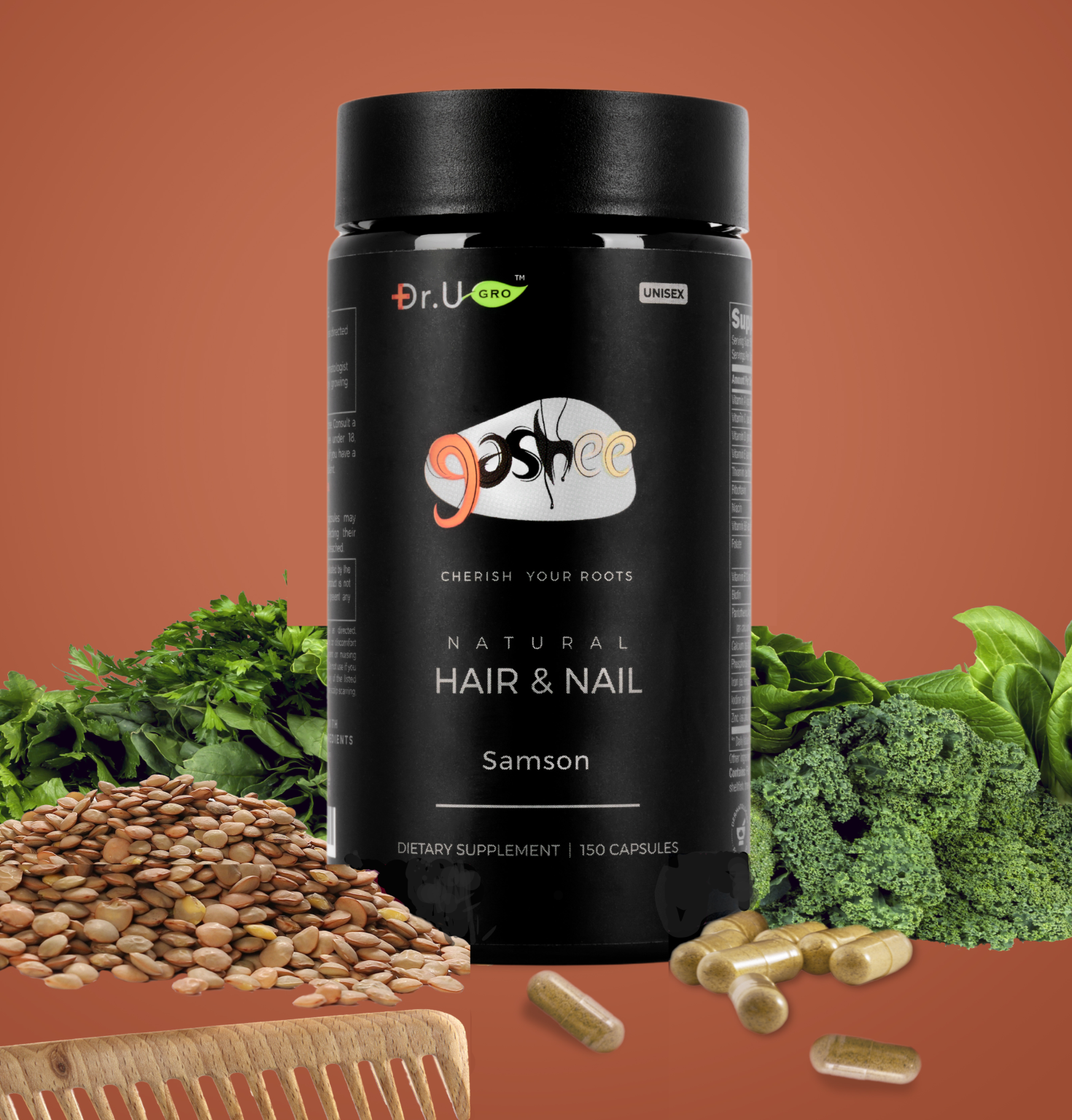The hair in black women has a tendency to break, is excessively sensitive to dryness and very difficult to tame. Black hair’s curly structure makes it more prone to damage than the hair of other ethnic group. It’s important to maintain a healthy diet and consistent cleaning regimen in order to promote the health of your hair. A little bit of bonus nourishment with conditioner and moisturizer also never hurt. Moreover, simply keeping a consistent day-to-day hair care routine can work wonders for stimulating hair growth. Read on to find out how to protect your tresses like a pro.
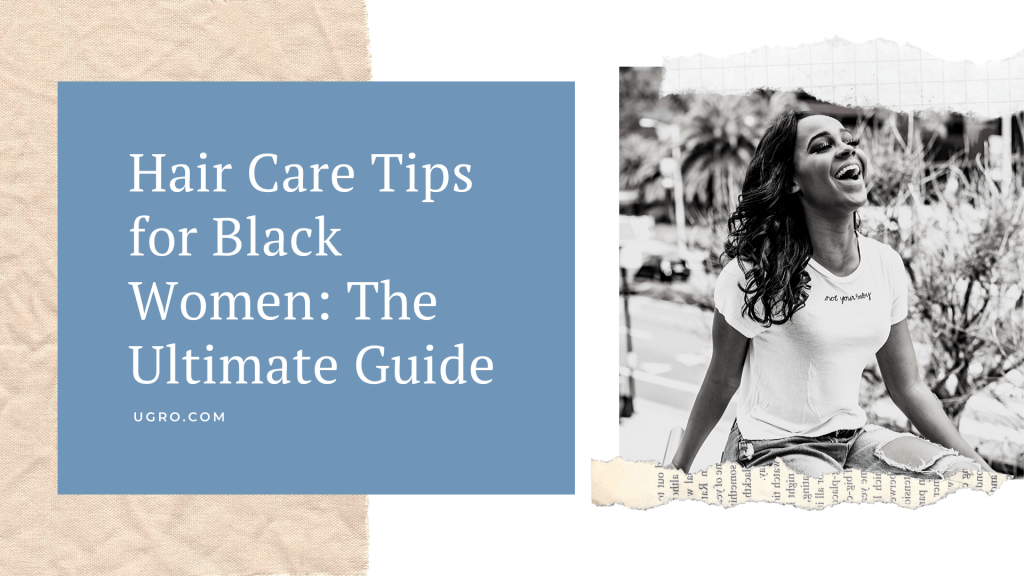
Healthy Diet
Just like your skin, your hair is impacted by what you put in your mouth. Without a nutritious diet, hair can become even dryer or even thin and fall out. Include as many fruits and vegetables as you can on your day-to-day menu such as berries, spinach, and avocados to promote hair health. There is also a fair amount of food to avoid. The sushi-holic in you may need an intervention as a lot of raw fish is laden with mercury. A study has shown that at toxic levels, mercury can cause hair loss (1) and even fatigue, depression, and insomnia. You also might want to take a siesta on the sweets. Sugar can trigger a spike of insulin and androgens. The insulin and androgens then bind to hair follicles and make the hair fall out. And although it’s essential to load up on vitamins like A, B6, B12, E, and niacin, it’s still possible to overdo it. Another study has shown that too much vitamin A can also add to hair loss (2).
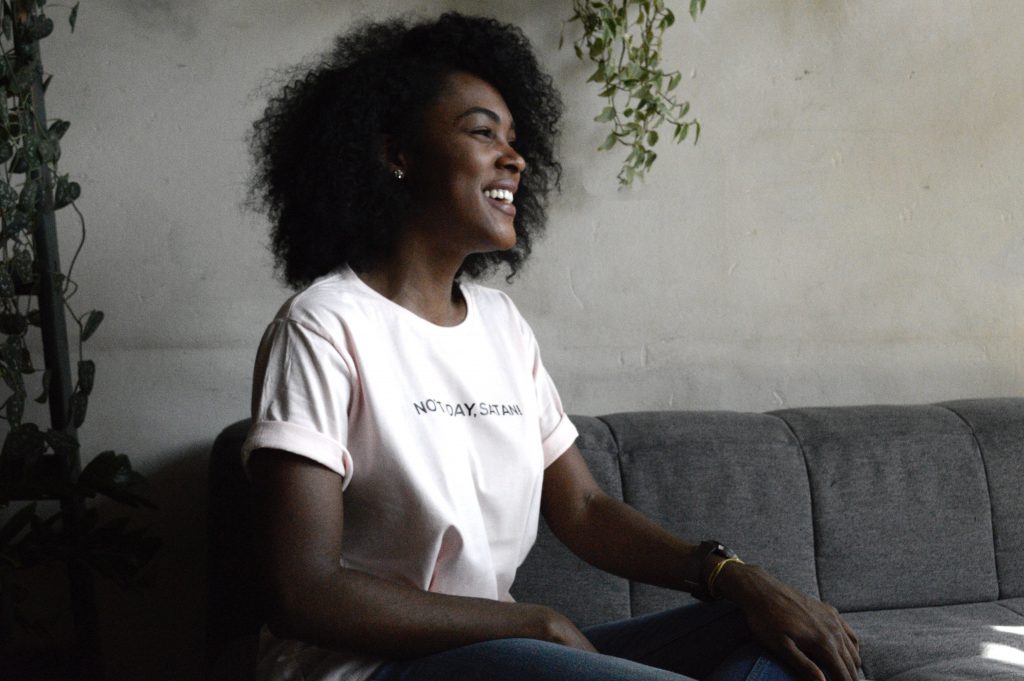
Hair Care Tips for Black Women: Cleaning / Shampooing Regimen
No great hair growth journey can begin without a clean scalp. Hair growth starts in the follicle, and new hairs grow via minuscule pores in the scalp. So if said pores are blocked, it’s difficult for new hair to travel through. The blockage can cause uncomfortable bumps, ingrown hairs, and of course, a lack of hair altogether. It’s also possible to wash your hair too often. Overwashing can lead to dullness or dryness in black hair and ultimately result in excessive hair breakage (Re: Hair loss). Wash your hair every 7-10 days with a sulfate-free shampoo for best results.
Sulfate Free or Sulfate Shampoos?
In the context of hair shampoos, what are sulfates? Why should we care? Sulfates give shampoo the thick lather users connect with the act of cleansing (3). There are many different types of sulfates. Here is a list of sulfates to look for in the ingredient list of your shampoo in order to determine if it is sulfate free or not:
- Sodium Lauryl Sulfate (SLS)
- Sodium Laureth Sulfate (SLES)
- Sodium Lauryl Sulfoacetate
- Sodium Lauroyl Isoethionate
- Sodium Lauroyl Taurate
- Sodium Cocoyl Isoethionate
- Sodium Lauroyl Methyl Isoethionate
- Sodium Lauroyl Sarcosinate
- Disodium Laureth Sulfosuccinate
Sulfates are generally unhelpful as the soaping (lathering) effect is synonymous with the harsh cleansing effect on the oil layer that coats and protect the hair cuticle. Removal of this protective oil coating of the hair shaft by excessive soaping (Sulfate effect) is damaging to hair. That is the reason sulfate-free shampoos tend to lather less and have less cleansing power. This makes them gentler on the hair cuticles since the protective oil layer is spared by sulfate-free shampoos. There are plenty of sulfate-free shampoos to choose from. Be sure to knead the hair gently to protect it from breakage.
Hair care Tips for Black Women: Avoiding Heat In Hair Care Regimen
Heat damage is a veritable cause of hair loss in women. Women of African descent are especially vulnerable because there is a cultural penchant for using heat to treat the hair. This takes the form of ironing, hot curlers, and blow drying. Because the hair is already susceptible to breakage the addition of heat injury leads to excessive hair breakage and loss. Furthermore heat has been implicated in the high incidence of a hair loss condition called central centrifugal cicartricial alopecia (CCCA) in women of African descent. So how do you avoid using heat in your hair care routine? Heat can be avoided by air-drying the hair or using a conditioning cap to push some of the moisture out. If you do need to dry your hair quickly, blot with a towel softly before rubbing with force. Need to buy some time between washings? Rinse your hair with warm water, condition, and be on your merry way for a quick fix. Definitely avoid the use of hot irons and curlers. Stay your hair as close to natural as possible.
Bonus Nourishment
Aside from a regular cleaning routine, black hair needs that extra oomph to stay healthy. Conditioner leaves a thin, wax-like coating on the hair for a smooth texture. This protective coating also locks moisture in and reduces static electricity. Moreover, conditioner prevents tangling, which can cause breakage and pulling. Moisturizer is also a must for black hair health. The structure of black hair makes it drier than the hair types of other ethnic groups. Dry hair does not have elasticity; therefore, it is brittle and apt to break. Moisturization should always come after conditioning the hair. Dr.U Gro™ Roots is a natural, botanical hair lotion ideal for moisturizing and helping grow chemically treated long hair, braids, dreadlocks, or weaves. A simple swipe of the product on the scalp with a spray top or a dropper allows it to trickle down the hair shaft for optimal nourishment and hair stimulation.
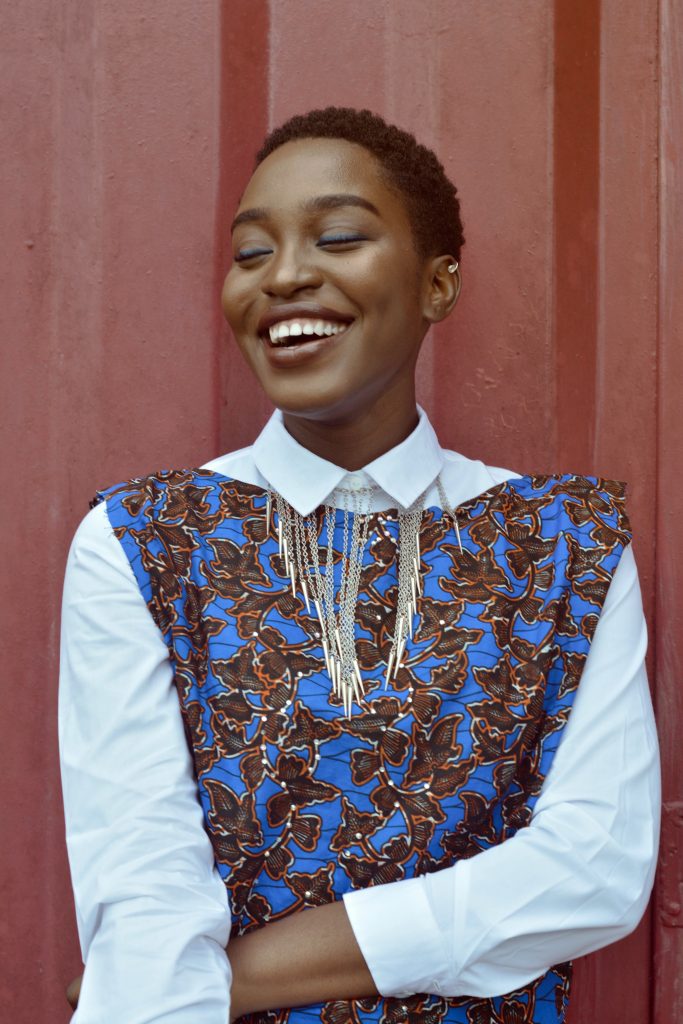
Hair Care Tips for Black women: Daily Routine
One of the most crucial hair care tips for black women is to keep up a diligent daily hair routine.
- Remember your scarf: Think of your silk scarf or bonnet as your crown and never hit the throne—your bed—without it! Traditional cotton pillowcases are rough and can cause breakage. Replace them with silk pillowcases instead of a lush night’s sleep and healthier hair.
- Sun protection: Just like the skin, the hair is also affected by sun damage. So don’t be afraid to break out your widest-brimmed hat when you hit the beach.
- Avoid heat damage: When it comes to heat products like flat irons and hot combs, protect your hair to the best of your ability by only using one product at a time.
- Avoid traction: Ponytails might be a fast, flirty style—but it’s important not to tie them too tightly. Doing so can lead to traction alopecia. It’s also important not to use most hair gels as they can harden and lead to further breakage. Dr. UGro™ Edge is the first natural pomade to perform as a hair stylant/mousse and gellant while unleashing beneficial plant ingredients that nourish, rejuvenate, moisturize, condition, repair and stimulate your growing hair.
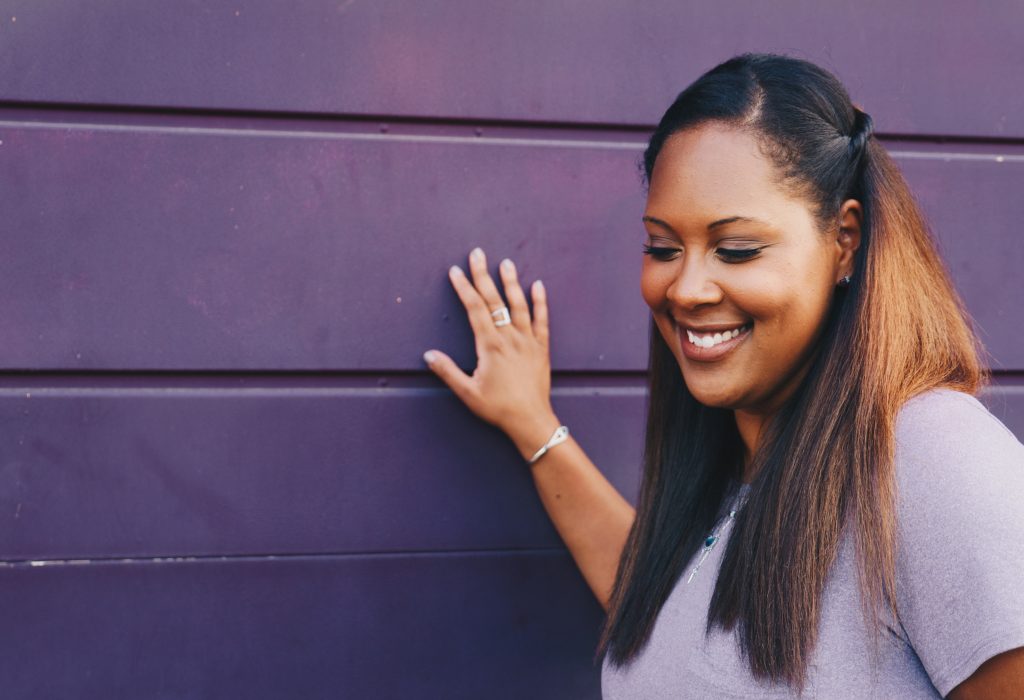
References
- Yu, Vicky, et al. “Alopecia and Associated Toxic Agents: A Systematic Review.” Skin Appendage Disorders, vol. 4, no. 4, 2018, pp. 245–260., doi:10.1159/000485749.
- Almohanna, Hind M., et al. “The Role of Vitamins and Minerals in Hair Loss: A Review.” Dermatology and Therapy, vol. 9, no. 1, 2018, pp. 51–70., doi:10.1007/s13555-018-0278-6.
- “What Is Sulfate Free Shampoo?: Expert Advice: L'Oreal Professionnel.” Expert Advice | L'Oreal Professionnel, www.lorealprofessionnel.co.uk/hair-advice/hair-care-advice/what-is-sulfate-free-shampoo.


